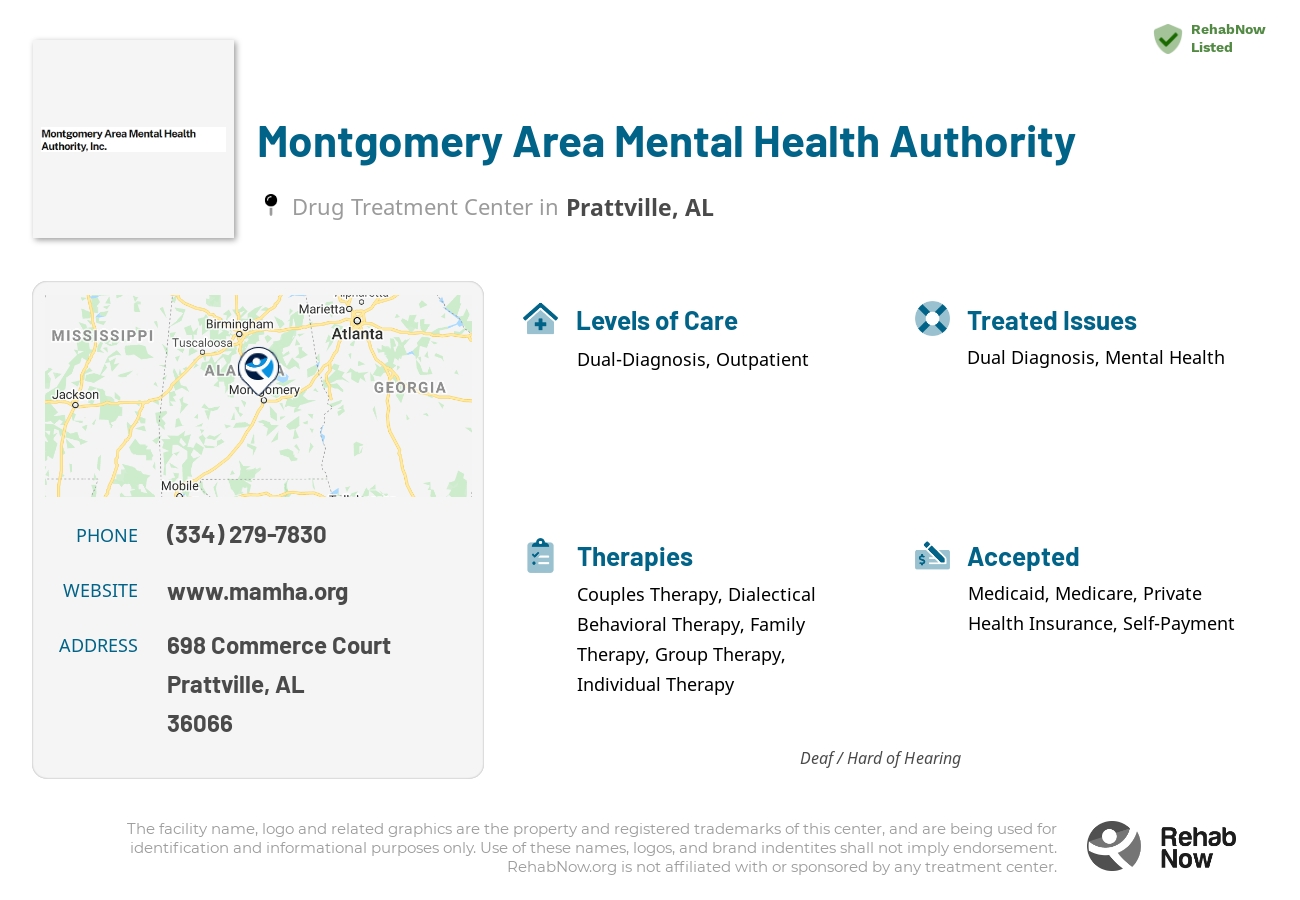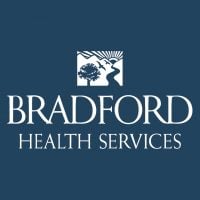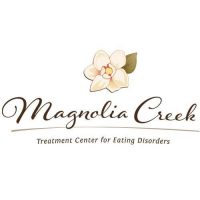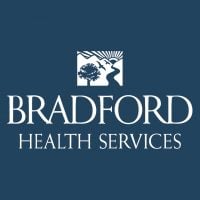
Montgomery Area Mental Health Authority
Drug Rehab Center in Prattville, Alabama
- Mental Health
- Dual Diagnosis
The Montgomery Area Mental Health Authority in Prattville, Alabama provides quality, comprehensive mental health and substance abuse services to individuals and families in the greater Montgomery region, specializing in addiction and substance abuse, and is accredited by various organizations and has received awards for their commitment to providing excellent behavioral health services.
About This Alabama Facility
The Montgomery Area Mental Health Authority (MAMHA) is a comprehensive community mental health agency located in Prattville, Alabama, serving Autauga, Elmore, and Lowndes Counties. As an organization, MAMHA is devoted to providing and promoting access to mental health services, as well as advocating for supportive programs and policies across all levels of care. Their services and supports are designed to address the full scope of mental health needs and challenges, with specialized attention to individuals who are hard-to-reach or have not had access to mental health resources. MAMHA also proudly holds accreditation from the Council on Accreditation (COA) and is fully licensed by the State of Alabama.
MAMHA provides specialized services to individuals and families struggling with addiction and substance abuse. Their programs focus on encouraging and developing personal accountability, and helping to build the skills and tools needed to successfully manage behavioral health issues and reduce risk factors. They also provide counseling, support, and education for those dealing with addictive behavior, as well as evidence-based practices for prevention, intervention, and relapse prevention. Furthermore, MAMHA offers case management services to help individuals gain access to and coordinate specialized services such as medication management, trauma informed care, and peer support services.
Genders
Ages
Modality
Additional
Conditions and Issues Treated
When addiction and psychiatric issues co-occur, the addict’s recovery is more successful when both conditions are treated. A dual diagnosis refers to a condition in which the patient is diagnosed with two health issues: addiction and bipolar disorder. The most common therapies are psychotherapy, behavioral therapy, spiritual counseling, 12-step programs, and medication management.
Levels of Care Offered at Montgomery Area Mental Health Authority
This center offers a variety of custom treatment tailored to individual recovery. Currently available are Dual-Diagnosis, Outpatient, with additional therapies available as listed below.
An outpatient treatment program is set up to help with alcohol or drug addiction or a co-occurring disorder. The patient must attend the facility for their therapy and other programs but can return home each night.
The frequency of mandatory attendance decreases after much of Montgomery Area Mental Health Authority‘s program is complete.
Outpatient treatment is a recovery approach that allows recovering addicts to live at home while getting rehab for addiction
An outpatient can include day treatments which include attending group sessions one hour per week. A person living in an outpatient environment may be allowed the opportunity to work full time if they choose to and continue studies without interruption from drugs/alcohol.
Outpatient treatment is an option for people who want to maintain their careers and families. Outpatients live at home but attend treatment such as individual counseling, group counseling, or twelve-step meetings during the day.
Therapies & Programs
At Montgomery Area Mental Health Authority , to learn from past mistakes and improve one’s situation, the recovering person meets individually with a therapist. The counselor or therapist will address addiction causes, triggers, mental issues, dual diagnosis, and aftercare plans during this time. This is a very intense and challenging process. Some clients find it easier to open up to someone other than family or friends who understand their struggles with addiction.
Couples therapy sessions are typically used to help couples in recovery from drug addiction work through their issues. These types of sessions can be beneficial for many reasons, including the fact that they add a layer of accountability when both partners in a couple are recovering from addiction.
Therapy can also provide addicts with another effective way to cope with stress and avoid relapse during difficult situations. This type of therapy can help improve communication with their partners, which can strengthen the relationship and prevent future problems that might lead to relapse.
Family therapy is a crucial part of drug treatment and getting sober. It is one of the most effective ways to help addicts stay on the path to long-term sobriety. An addict’s family can play a vital part in helping them to avoid relapse. They can spot the warning signs and help them get back on track.
In group therapy, recovering addicts meet with a therapist and other people in recovery. Some groups are closed, meaning only people who share the same addiction or problem can attend. Others are open to anyone who wants to stop using drugs or drinking alcohol. Group therapy sessions typically focus on one topic each week or month so that recovering addicts can discuss issues they face daily.
Dialectical Behavior Therapy (DBT) is a type of therapy created in the late 1980s and early 1990s. It was designed to help people with high rates of suicidal behavior.
The goal of DBT is to teach mindfulness, distress tolerance, emotion regulation, and interpersonal effectiveness to help people learn how to live a life that is no longer controlled by overwhelming emotions and urges.
DBT is beneficial in treating drug addiction because it helps patients understand and cope with their cravings for drugs or alcohol rather than turning to those substances as a way of coping.
Cognitive Behavioral Therapy (CBT) is based on the idea that how we feel, think and act all interact together. It helps people explore their thoughts for problems (or false beliefs) that influence their mood and actions. CBT is very goal-oriented, which means that the therapist and patient work together on a specific problem. In addition to helping a client focus on thoughts that can be changed, CBT also allows them to take an active role in their treatment. Our thoughts determine our feelings and behaviors; our feelings affect our thoughts, and our behaviors change our thoughts and feelings.
Payment Options Accepted
For specific insurance or payment methods please contact us.
Is your insurance accepted?
Ask an expert, call (888) 674-0062
Montgomery Area Mental Health Authority Associated Centers
Discover treatment facilities under the same provider.
Learn More About Montgomery Area Mental Health Authority Centers
Additional Details
Specifics, location, and helpful extra information.
Prattville, Alabama 36066 Phone Number(334) 279-7830 Meta DetailsUpdated November 25, 2023
Staff Verified
Patient Reviews
There are no reviews yet. Be the first one to write one.
Prattville, Alabama Addiction Information
Opioids, such as heroin, fentanyl, and prescription opioids are related to more than half of all drug-related overdoses in Alabama. Alcohol is the most frequently used substance in Alabama; 85,000 Alabamians use cocaine every single year. In Alabama, there are four times as many vehicle crashes involving alcohol as there are normal vehicle crashes.
Treatment in Nearby Cities
- Athens, AL (165.3 mi.)
- Grove Hill, AL (94.9 mi.)
- Centre, AL (124.8 mi.)
- Spanish Fort, AL (151.3 mi.)
- Greenville, AL (45.0 mi.)
Centers near Montgomery Area Mental Health Authority



The facility name, logo and brand are the property and registered trademarks of Montgomery Area Mental Health Authority, and are being used for identification and informational purposes only. Use of these names, logos and brands shall not imply endorsement. RehabNow.org is not affiliated with or sponsored by Montgomery Area Mental Health Authority.






